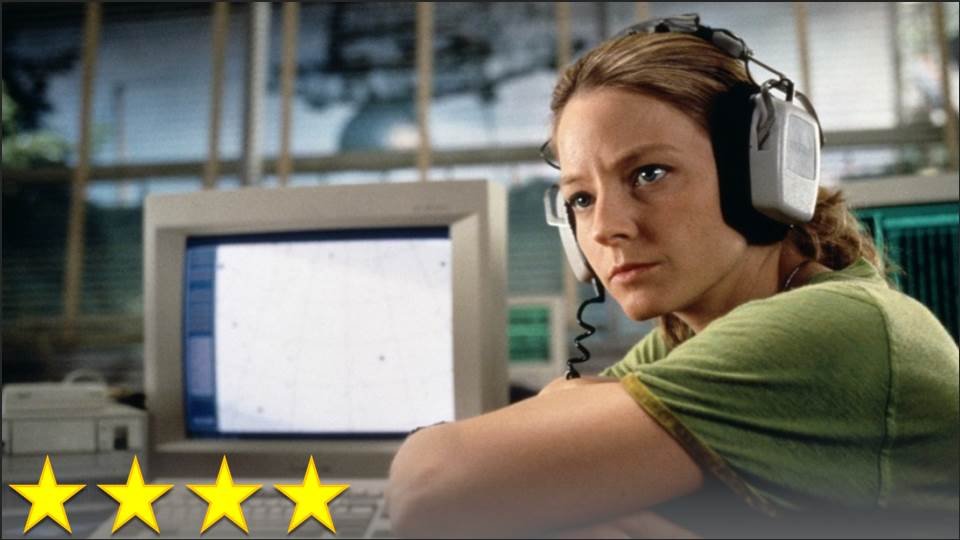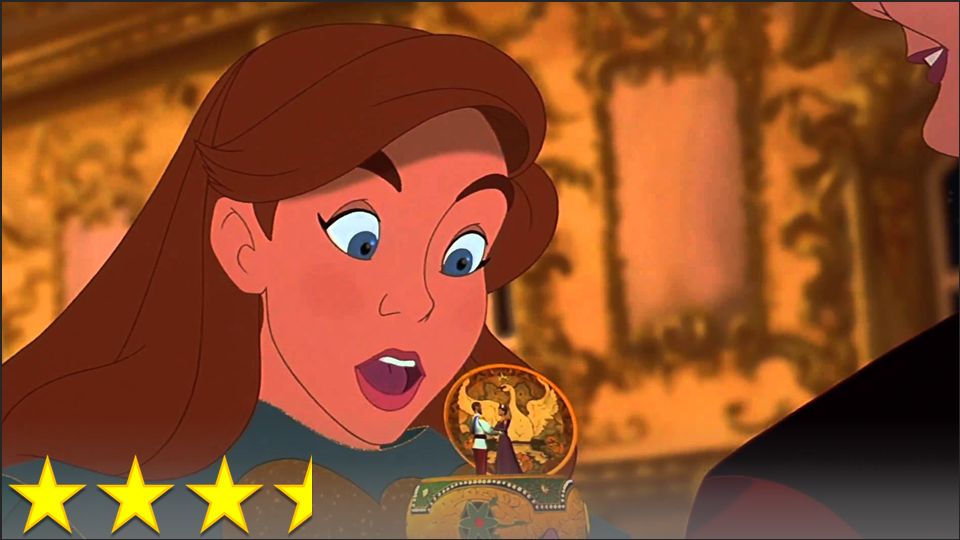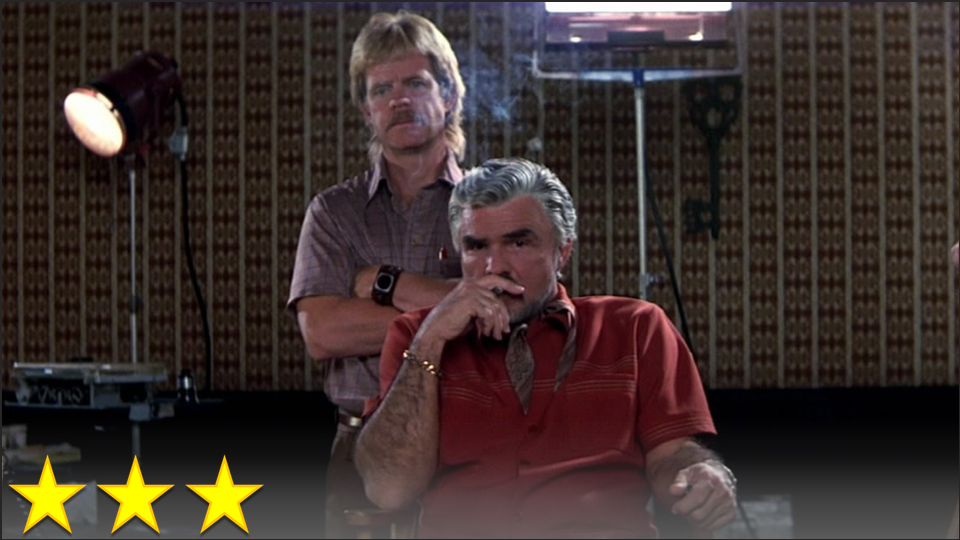Please, please read this review.
I don’t think the star rating is an accurate picture of what I think of this movie. It is an absolutely brilliant drama, clearly showing off the storytelling skills of Carl Sagan, Robert Zemeckis, and Alan Silvestri at their finest. At the same time, I don’t think this review is adequate either. I sort of have a hatred for this film. It’s one of those movies that I want to either give a very high rating or a very low rating, but I can’t decide which. What makes the movie so difficult for me to process is this: Carl Sagan – one of the greatest champions of scientific, skeptical thinking – gave the world a story that makes a case for faith, and seems to make the case against skepticism itself.
This feels like an abominable treachery from one of the last men I would ever expect to be a turncoat in the movement for scientific reasoning. While the very, very end of the movie seems to suggest that skepticism isn’t a bad thing, the conclusion of the movie essentially does. The viewer is put in the position of assuming that the protagonist’s experience, for which she has no evidence, is entirely real, and not at all of her own imagination. The skeptics, however, decide that her experience must be considered invalid. We see the believers with their signs outside the courthouse claiming that she really did “contact” alien life, but these people (whom we are led to believe are correct) have no good evidence for their stance. They are right by happenstance – because their unwarranted belief just so happened to be true – and that is not a healthy way to think. The messages that this film promotes and the way in which it promotes them may be detrimental to the intellectual safety of anyone who takes this film seriously, which is a prospect that I frankly find horrifying and enraging.
The worst part of all this is that the film is perfect up until the ending. It is one of the most thoughtful, provocative, intellectual, creative, realistic, imaginative, clever, emotional, smart, gripping, fun, and serious films I have ever seen. It looks at the idea of alien contact in a way that makes it seem very, very real – both intellectually and emotionally. I was completely sucked in, on the edge of my seat with my jaw on the floor for most of the film, and I was overwhelmingly impressed with perfect marriage of the screenplay Sagan and his wife had fashioned and the cinematic craftsmanship of Zemeckis. When one considers that this is a drama, which I see as a genre that is generally intellectually inferior to comedy, it is amazing that its first two acts won me over to the extent that they did. All it needed to do to be one of my top 25 favorite films of all time was show that the beauty of scientific discovery is directly linked to the beauty of skepticism, but instead its ending turned the film into the same drivel that most sappy dramedies end with: “no matter what anyone says, all that matters is that you believe in yourself.” No, that’s not an actual quote from the film, but frankly it would have been fitting for the closing credits to feature this exact address from one of the Care Bears.
I will need to consider the film further and read more about Sagan’s view of skepticism, but from what I’ve read in interviews and articles thus far, he lacks a basic understanding of what skepticism is, what atheism is, and how to think with rationality about matters of faith in general. I must concede, however, that the film is deserving of much praise for being incredibly well-made, and I would have to rate it fairly well. At least it can be seen as inspirational to young women and girls who may leave this film with an eagerness to go into the scientific field, and whom I sincerely hope will learn for themselves just how beautiful true skepticism really is.



